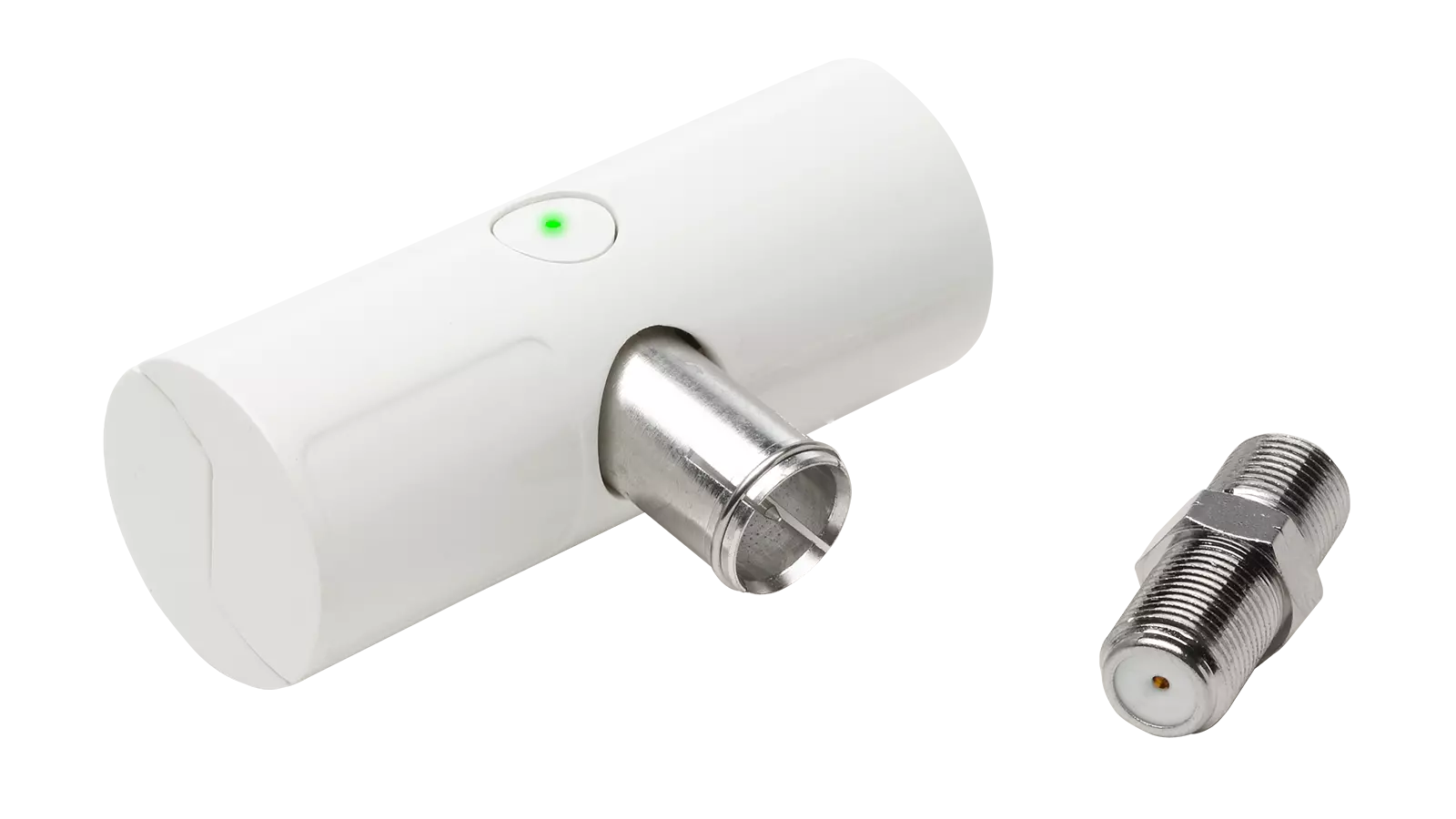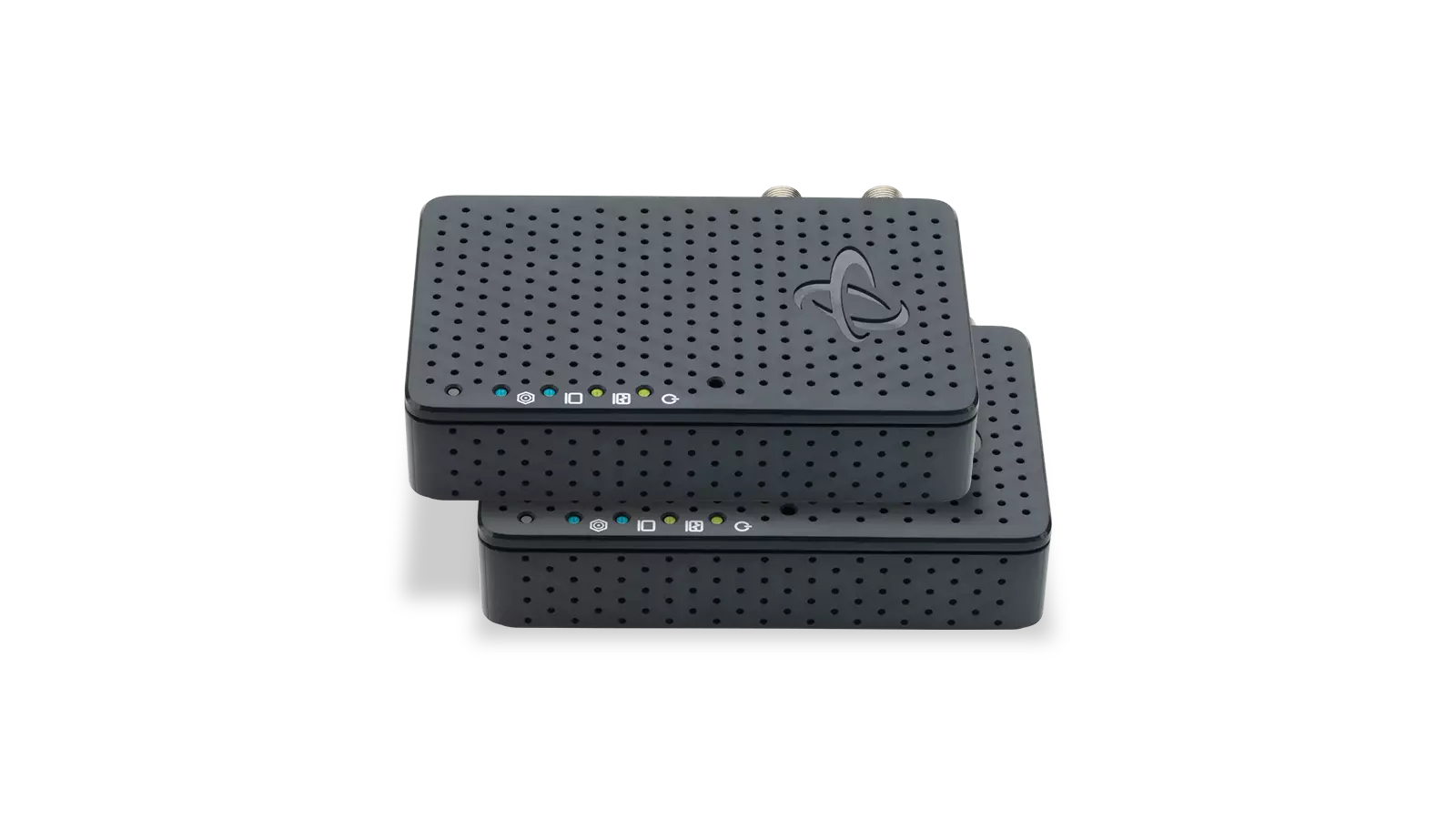The decision to rent a modem from your Internet Service Provider may have seemed like a forced option at the time you signed up for Internet service, but you may have a choice.
Many of the major Internet Service Providers give the option of renting a modem from them or providing your own, as long as the modem you purchase is a Certified, or Approved to work on their network. But what exactly does this mean?
ISP Certified or Approved Modems
Internet Service Providers (ISPs) each have differently configured communication networks. That is why not just any modem can work with any Internet provider. ISPs need to certify or approve the modem manufacturer and model before they will activate it on their network. The certification process for the modem manufacturer can take months to be approved by various ISPs and their equipment must meet a strict set of standards before the particular modem model is approved or certified on their network.
Your ISP wants to ensure that the modem you buy will be able to achieve the Internet speeds that they offer on their network, as well as they make sure that the modem will not create a security vulnerability on their network.
Buying vs Renting Pros & Cons
Should you rent your cable modem or router? Is it better to buy your own? The answer depends. We have provided articles about how to decide whether to rent or buy a cable modem, as well as one for routers, too.
When Should You Buy a Modem?
You should buy a modem if you are looking for a more cost-effective option. Whenever you plan on purchasing your own modem, please contact your ISP to make sure it is approved to work on their network.
Pros to buying your modem:
- Buying is less expensive and puts the savings immediately into your pocket.
- Buying gives you more control of equipment settings and configurations.
- Buying lets you replace and update your modem technology when you want to.
- Buying gives you more control of your home network.
Cons to buying your modem:
- If you are having problems with your modem, you will have to troubleshoot the issue yourself.
- If your modem stops working, you are in charge of replacing it.
When you buy your own devices, a lot of these things become your responsibility. It comes with the territory.
But if troubleshooting on your own is overwhelming or unachievable for you, then you may be better off renting from your ISP.
When Should You Rent a Modem?
You should rent your modem if your living situation is temporary, you have others to split the cost with, or someone else is covering that cost.
Pros to renting your modem:
- Renting a modem from your ISP means that if anything goes wrong with the device, they will replace it with a different one.
- Your ISP will help troubleshoot your modem if you are experiencing issues with it.
Cons to renting your modem:
- Renting can be more expensive over time than buying at a one-time cost.
- With a rental modem, you have less control of equipment settings and configurations.
Yes, rental cable modems can be more expensive because the cost of service, which adds up. But what you are really paying for is the convenience of having someone else do the troubleshooting and repairs for you.
At the end of the day, it’s your decision to make. But it’s clear that buying a cable modem has more pros than renting one does.
Buying a cable modem like Hitron’s CODA DOCSIS 3.1 Cable Modem, can increase your Internet speeds and performance and can give you a better Internet experience overall.
Whether you decide to rent or buy, you can find more articles and information about cable modem and routers on our Learn pages.


